AAAS Selected Symposia Series
Published by Westview Press, Inc.

5500 Central Avenue, Boulder, Colorado
for the
American Association for the Advancement of Science

1776 Massachusetts Ave., N.W., Washington, D.C.
First published 1984 by Westview Press
Published 2019 by Routledge
52 Vanderbilt Avenue, New York, NY 10017
2 Park Square, Milton Park, Abingdon, Oxon OX14 4RN
Routledge is an imprint of the Taylor & Francis Group, an informa business
Copyright 1984 by the American Association for the Advancement of Science
All rights reserved. No part of this book may be reprinted or reproduced or utilised in any form or by any electronic, mechanical, or other means, now known or hereafter invented, including photocopying and recording, or in any information storage or retrieval system, without permission in writing from the publishers.
Notice:
Product or corporate names may be trademarks or registered trademarks, and are used only for identification and explanation without intent to infringe.
Library of Congress Catalog Card Number: 84-50794
ISBN 13: 978-0-367-28223-3 (hbk)
About the Book
Proposed energy resource development in the arid western United States raises a number of potential problems for an environment that does not have a great deal of resiliency. Projected population increases associated with large-scale development activities may go beyond the capacity of small, isolated rural communities to absorb them; and constraints on western agricultural and industrial developmentfor example, demands for water already exceeding the supply availablealso limit energy development.
The authors of this wide-ranging book first evaluate western energy resources, then objectively discuss the consequences of development on the regions physical and social environments. Among the questions they consider are: Who will reap the economic benefits of development, and who will bear the environmental costs? What will be the effects on the environment? The social structure? The quality of life? Are open spaces a national treasure in their present form, or should they be regarded as space available for development? What are the unique demands of reclamation in the arid west? And, given the recent trend of western states-rights militancy and shifts of population to the southwest, what impact will new federal and state policies have on resource management?
About the Series
The AAAS Selected Symposia Series was begun in 1977 to provide a means for more permanently recording and more widely disseminating some of the valuable material which is discussed at the AAAS Annual National Meetings. The volumes in this Series are based on symposia held at the Meetings which address topics of current and continuing significance, both within and among the sciences, and in the areas in which science and technology impact on public policy. The Series format is designed to provide for rapid dissemination of information, so the papers are not typeset but are reproduced directly from the camera-copy submitted by the authors. The papers are organized and edited by the symposium arrangers who then become the editors of the various volumes. Most papers published in this Series are original contributions which have not been previously published, although in some cases additional papers from other sources have been added by an editor to provide a more comprehensive view of a particular topic. Symposia may be reports of new research or reviews of established work, particularly work of an interdisciplinary nature, since the AAAS Annual Meetings typically embrace the full range of the sciences and their societal implications.
WILLIAM D. CAREY
Executive Officer
American Association for the Advancement of Science
Contents
Cyrus M. McKell
Cyrus M. McKell, Elinor C. Cruze
Philip M. Burgess
John W. Hernandez, James L. Regens
M. Rupert Cutler
Richard L. Perrine, Donald G. Browne
Gary B. Glass
Richard B. Powers
James H. Gary, Arthur E. Lewis
David Abbey, F. Lee Brown, Fred Roach
Charles D. Kolstad, William D. Schulze, Michael D. Williams
Peter W. House
William R. Freudenburg
Stan L. Albrecht
Steve H. Murdock, F. Larry Leistritz, Rita R. Hamm, Sean-Shong Hwang
Joseph G. Jorgensen
Allen V. Kneese
Cyrus M. McKell is vice-president of research at NPI, a biotechnology firm in Salt Lake City, Utah. Botany, plant ecology, and natural resources management are among his specialties. He has written over 160 articles on arid land management, physiology of rangeland plants, land rehabilitation, land use planning, and shrub biology. He served on the Utah Council for Energy Conservation and Development and is currently chairman of the AAAS Committee on Arid Lands .
Donald G. Browne is a petroleum geologist working out of Denver, Colorado. His areas of interest include enhanced oil recovery techniques, comparative risk evaluations of energy systems, and the geology of the northern Rocky Mountains .
Elinor C. Cruze is senior associate at World Resources Institute in Washington, D. C. Trained in zoology, population biology, and ecology, she has written on sustainable resource development and energy use in agriculture. She is currently directing a policy study using ecosystem analysis to determine the consequences of major loss of biological diversity in tropical countries .
William R. Freudenburg, associate professor of rural sociology at Washington State University, Pullman, has specialized in social impact assessment and the policy-making process, especially societal decision-making on controversial issues. He has written more than two dozen scholarly papers on the social impacts of coal, oil shale, nuclear energy, and other types of energy development and is coeditor of Public Reactions to Nuclear Power: Are There Critical Masses? (with E. Rosas AAAS Selected Symposium 93; Westview, 1984).
Richard L. Perrine is professor of engineering and applied science at the University of California, Los Angeles . He is the author of numerous publications on enhanced oil recovery; coal; the nuclear fuel cycle; solar, wind, geo-thermal, and biomass energy resources; and environmental and resource management. In 1975, he received the Outstanding Merit Award for Contributions to Environmental Engineering by the Institute for the Advancement of Engineering.
Fred Roach is an economist at Los Alamos National Laboratory. A specialist in resource and environmental economics, he has written more than twenty papers and reports on water and energy over the past five years.
David Abbey, a utility economist at Los Alamos National Laboratory _, has written articles and reports concerning water use in the energy sector. He irrigates eight acres of pasture and orchard by the Rio Chama.


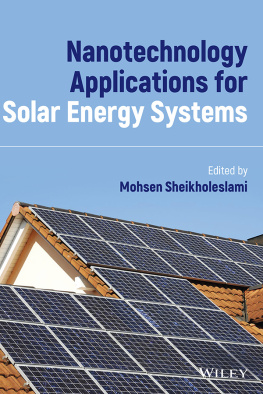
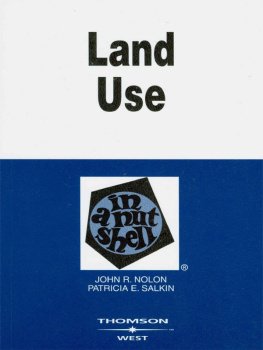
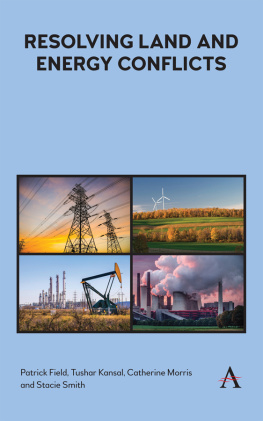
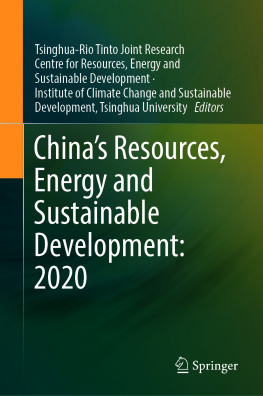
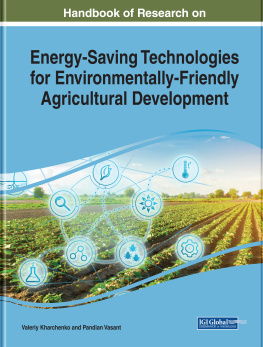
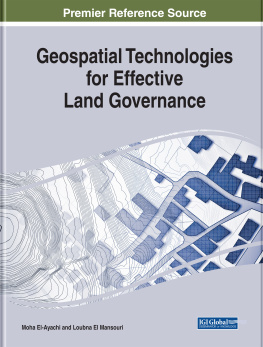
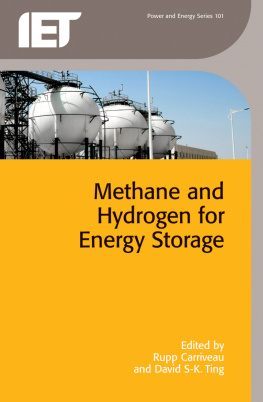
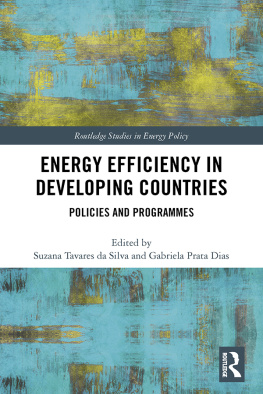
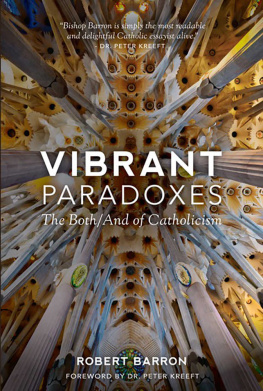

 5500 Central Avenue, Boulder, Colorado
5500 Central Avenue, Boulder, Colorado 1776 Massachusetts Ave., N.W., Washington, D.C.
1776 Massachusetts Ave., N.W., Washington, D.C.